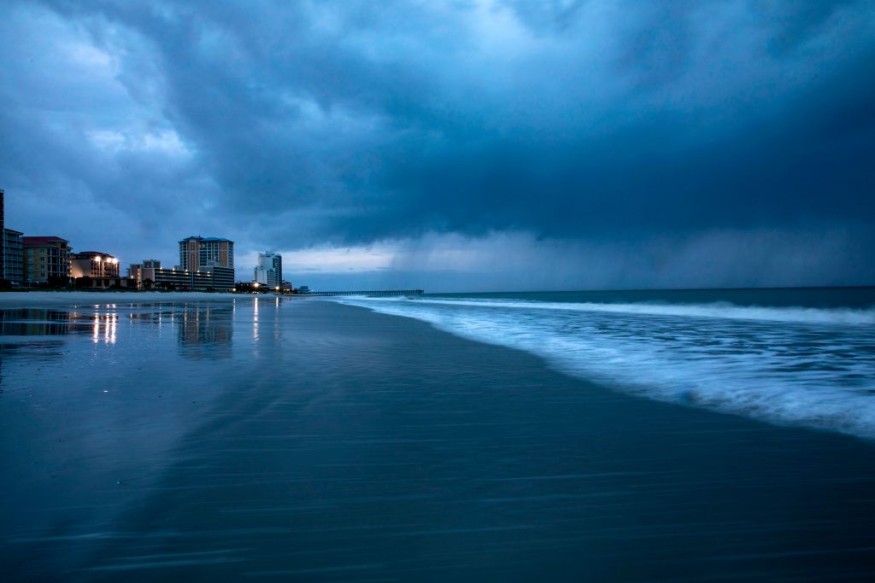A coastal storm was responsible for causing widespread damage along a coastal area in North Carolina.
Following the weather forecast of a storm system from the Atlantic Ocean, the strong winds from the unnamed storm led to a coastal erosion that swept some homes in the state's Outer Banks.
The incident reportedly sheds light on the increasing risks of living along the East Coast of the United States.
Related natural disasters in the past have seen similar consequences as ocean waves or ocean currents are pushed into shore by strong winds, causing a non-seasonal high tide and coastal flooding.
Coastal Storm

At least two houses in a portion of the Outer Banks in the coastal town of Rodanthe, Dare County, North Carolina, have been swallowed up by the Atlantic Ocean due to the potent coastal storm.
Residents in the area are at risk as seawater has gotten closer to their homes as of Saturday, May 15.
The storm was responsible for wreaking havoc the majority of the week as its water and sand made the North Carolina Highway 12 become impassable.
The route connects the town to the upper Outer Banks.
A vacationer and her family were also caught in the storm, forcing them to extend their supposed getaway due to the highway closure and canceled flights, as reported by AccuWeather.
Furthermore, residents of the collapsed homes were forced to evacuate after water entered the first floor.
There were no immediate reports of fatalities or injuries in the area.
Oceanfront Real Estate
According to The Washington Post, US government officials and scientists state that climate change is likely to contribute to the worsening of coastal erosion.
Despite three homes having been swept away along the Outer Banks by the natural hazard over the past year, many buyers from out of state are still purchasing real estate in beachfront areas.
In August 2021, an American national purchased a four-bedroom waterfront home for $550,000 along Ocean Drive in Rodanthe in hopes of a better view of the Atlantic Ocean.
The buyer also reportedly believed the home will be a great site for visitors.
However, a similar coastal erosion led to the collapse of his house, the US media outlet says.
Local authorities inspected the house as well and assessed it is already unfit for occupation.
Climate Change and Coastal Erosion
In line with The Washington Post's statement regarding climate change, there have been other reports linking the climate crisis to a multitude of weather phenomena, including coastal flooding, not only in the US but also worldwide.
According to the European Commission (EC), the executive governing body of the European Union (EU), climate change poses devastating environmental consequences to coastal and marine areas across European coastal areas.
The EC underlined that the rising sea level across the planet due to global warming contributes to coastal erosion.
In addition, a storm surge or tidal surge is also putting coastal communities at risk of coastal flooding.
The United States Geological Survey (USGS) also stressed climate change-induced extreme waves and extreme winds may also add pressure to coastal systems, where such a notion has been "highly disregarded" before.
The USGS placed emphasis on the impact of coastal flooding along coastlines, especially as the climate crisis increases the sea level around the Pacific Ocean and Arctic Oceans.
© 2025 NatureWorldNews.com All rights reserved. Do not reproduce without permission.

